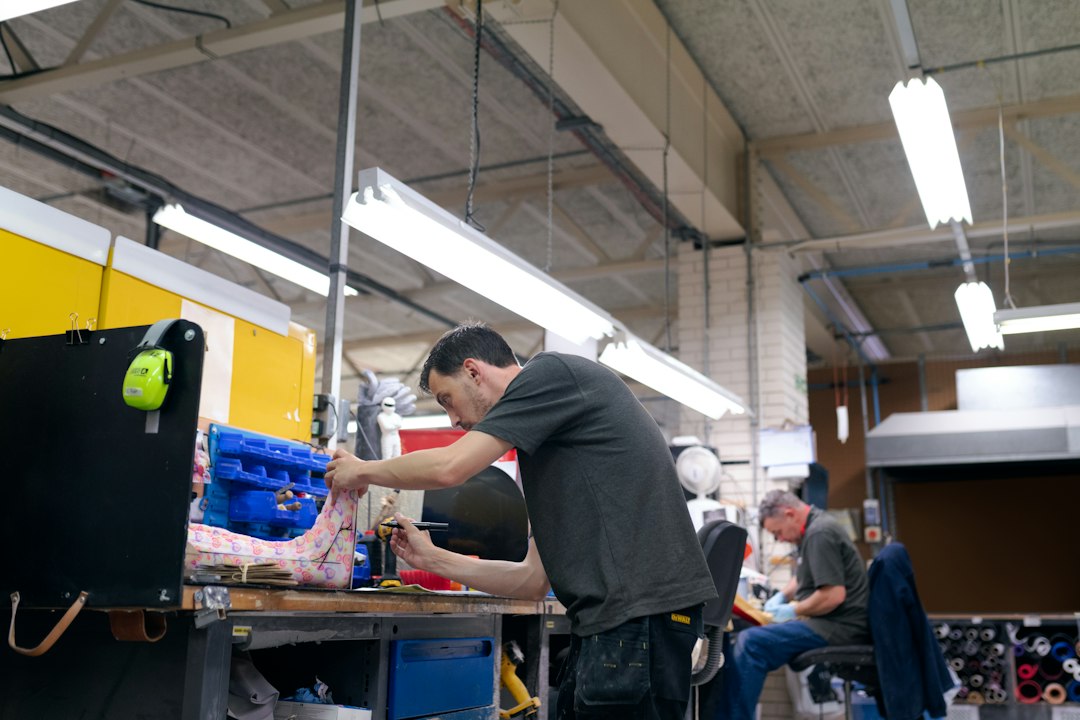The Role of IoT in Smart Manufacturing
The Internet of Things (IoT) has woven its way into nearly every aspect of our lives, transforming the way we communicate, work, and even manufacture goods. Its applications in the manufacturing sector, also known as smart manufacturing, have revolutionized traditional production processes and opened up a world of possibilities.
IoT-powered smart manufacturing brings together intelligent machines, advanced analytics, and real-time data to enhance the efficiency, productivity, and flexibility of manufacturing operations. Let’s explore the pivotal role IoT plays in this transformative industry:
1. Real-time monitoring and predictive maintenance: IoT-enabled sensors and devices constantly collect data from machines, allowing manufacturers to monitor performance, identify potential issues, and enable predictive maintenance. This helps minimize unplanned downtime, optimize maintenance schedules, and improve overall equipment effectiveness (OEE).
2. Supply chain optimization: The IoT connects every aspect of the supply chain, from raw material suppliers to inventory management, logistics, and delivery. Using real-time data and analytics, manufacturers can streamline processes, improve inventory management, and reduce lead times, thus reducing costs and improving customer satisfaction.
3. Quality control and product traceability: With IoT, manufacturers can monitor product quality in real-time, ensuring adherence to specifications and delivering better products to customers. Additionally, IoT allows for the implementation of robust traceability systems, enabling manufacturers to track products throughout the supply chain and quickly respond to quality issues or recalls.
4. Enhanced safety and worker productivity: IoT devices and sensors can be used to monitor the working environment, ensuring optimal safety conditions and reducing accidents. Furthermore, by automating manual tasks, providing real-time instructions, and utilizing augmented reality, IoT helps boost worker productivity and reduce human error.
5. Data-driven decision-making: The proliferation of IoT devices generates massive amounts of data. By leveraging advanced analytics and machine learning, manufacturers can extract valuable insights from this data, enabling data-driven decision-making to optimize processes, increase efficiency, and identify market trends.
6. Implementation of agile manufacturing: IoT facilitates the implementation of agile manufacturing practices. By connecting machines, robots, and production lines, manufacturers can achieve higher levels of automation, customization, and flexibility to adapt to rapidly changing market demands.
7. Environmental sustainability: IoT can play a significant role in sustainability efforts within manufacturing. Through real-time monitoring and data analytics, manufacturers can identify energy inefficiencies, reduce waste, and make informed decisions for sustainable production practices.
The potential of IoT in smart manufacturing is vast, and industry experts predict that it will continue to reshape the industry in the coming years. However, as with any transformative technology, there are challenges to overcome. These include data security and privacy concerns, interoperability issues between various IoT devices, and the need for standardization.
In conclusion, the integration of IoT into smart manufacturing has disrupted traditional production processes, offering manufacturers countless opportunities for optimization and innovation. With its ability to connect machines, gather data, and enable real-time decision-making, IoT is undoubtedly a game-changer in the manufacturing industry, paving the way for increased efficiency, productivity, and sustainability. As technologies continue to evolve, businesses that embrace IoT today will undoubtedly be the leaders of tomorrow’s manufacturing landscape.

